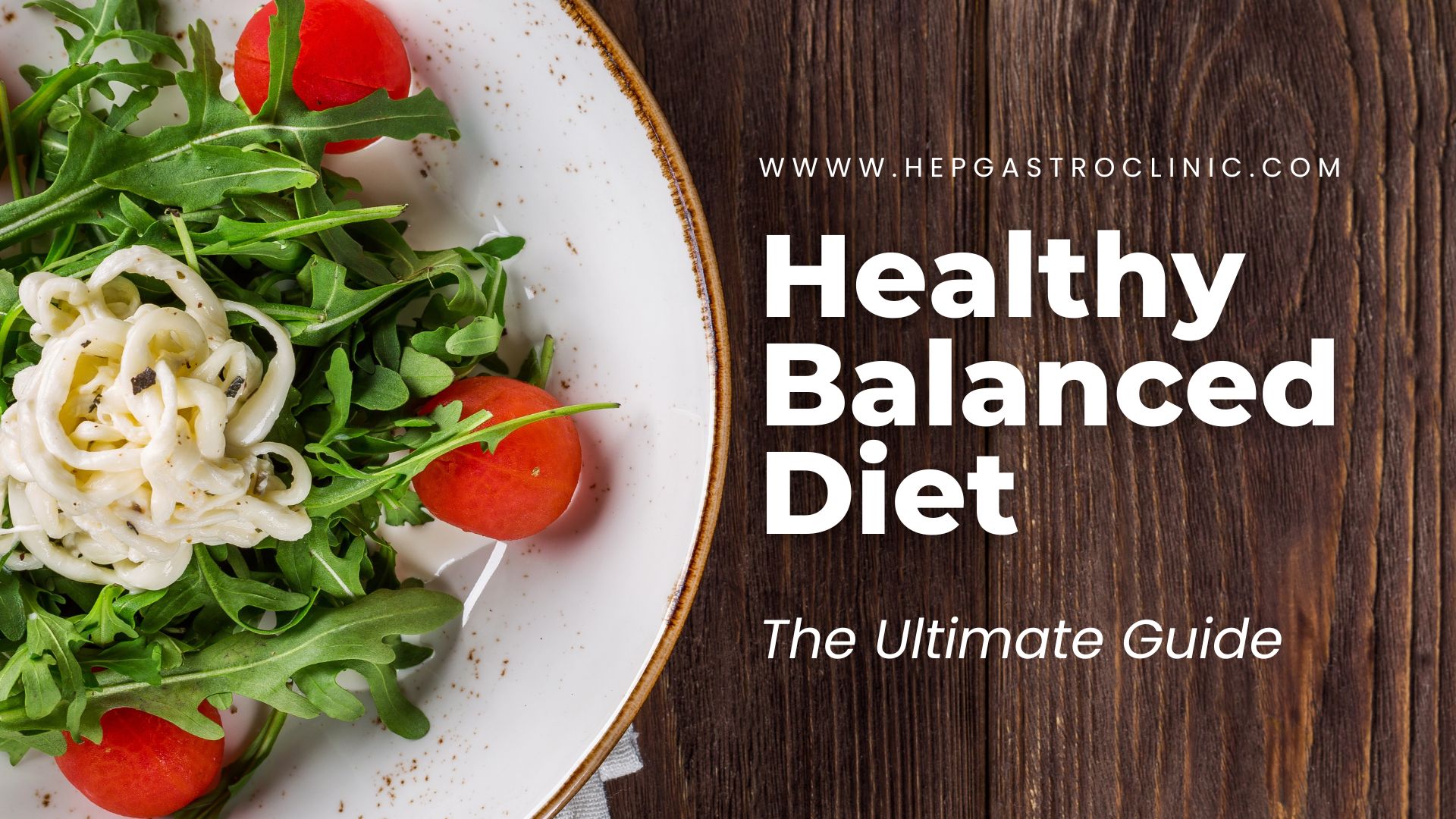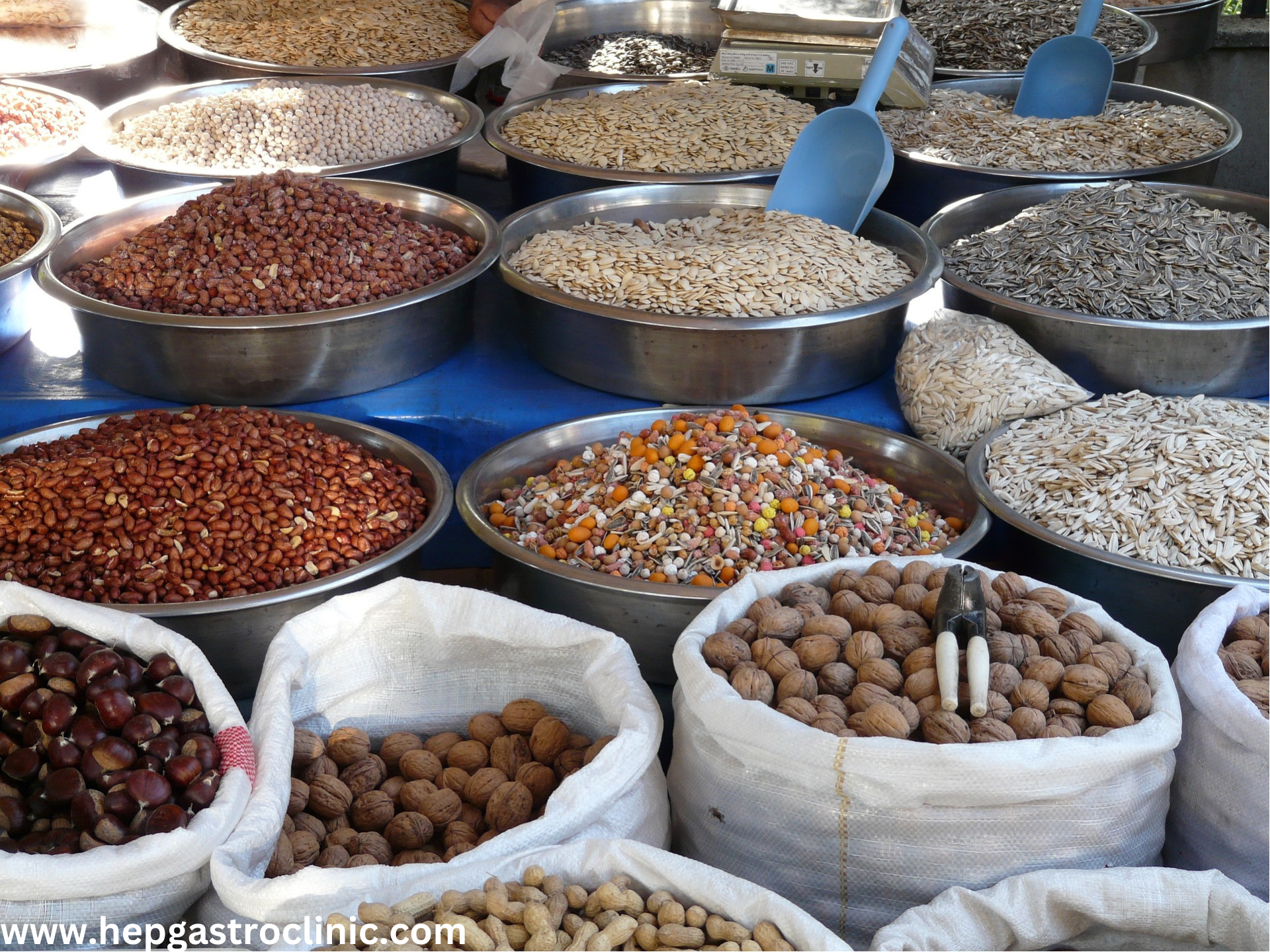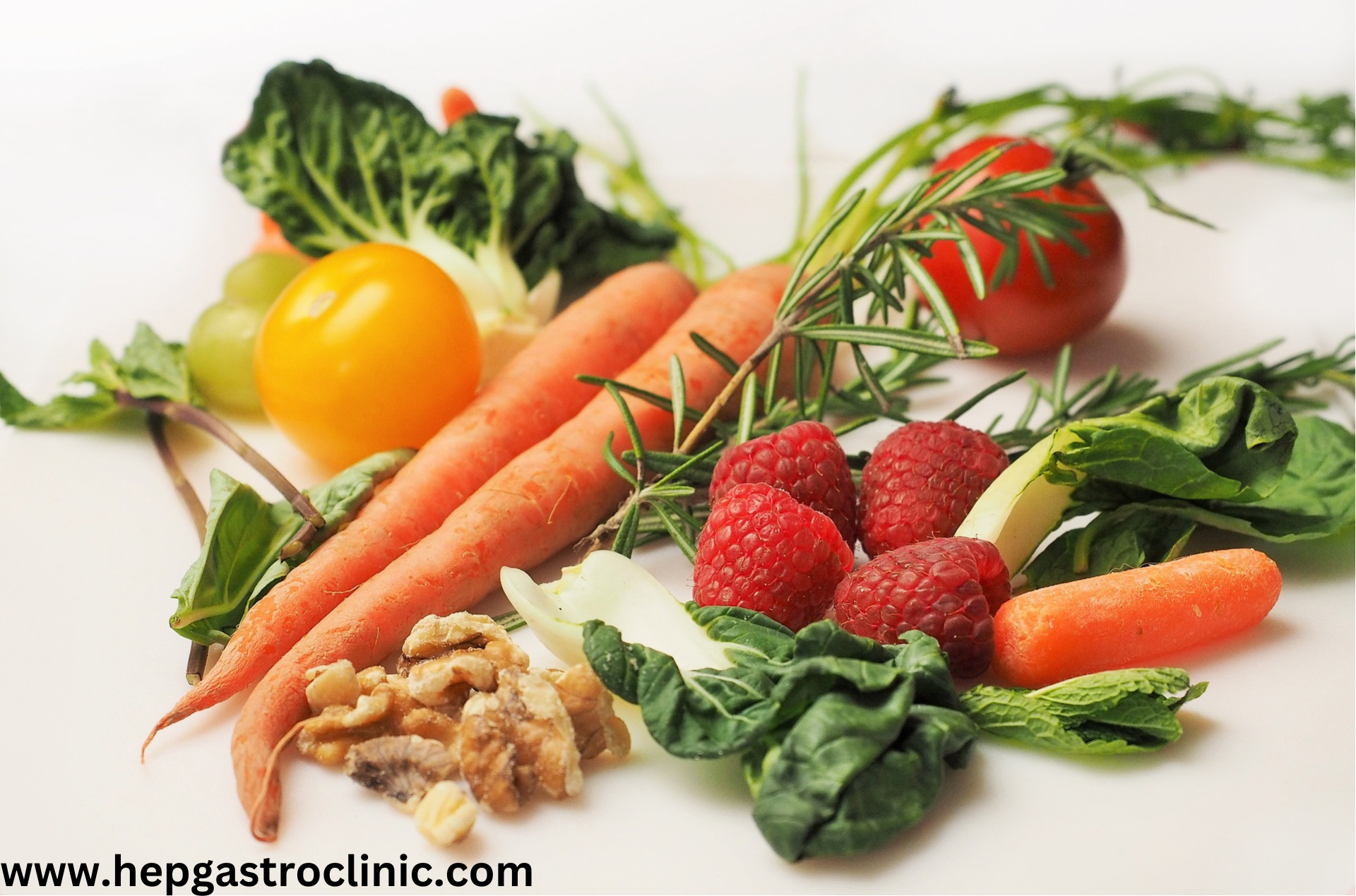The Secret to a Balanced Diet: Tips and Tricks
Definition of Healthy Eating
Healthy eating refers to the practice of consuming a
balanced and diverse diet that includes a variety of foods from all food groups
in the right proportions. It emphasizes on consuming mostly whole, unprocessed
foods and limiting the intake of added sugars, saturated and trans fats. The
goal of healthy eating is to provide the body with the necessary nutrients for
optimal physical and mental health and well-being.
Importance of a balanced diet
A balanced diet is important for several reasons:
1. Maintains overall health and well-being
2. Supports physical and mental function
3. Helps to regulate weight
4. Reduces the risk of chronic diseases such as heart
disease, diabetes, and certain cancers
5. Supports a healthy immune system
6. Provides essential nutrients for growth and development
7. Improves mood and cognitive function
8. Supports a healthy gut and digestive system.
By eating a balanced diet, individuals can ensure they are
fueling their bodies with the right nutrients to meet their daily needs and
promote overall health.
A brief overview of the tips discussed in the article.
The article will discuss tips for following a healthy and
balanced diet, including:
1. Consuming a variety of foods from all food groups
2. Limiting processed foods and added sugars.
3. Incorporating whole grains
4. Add nuts and seeds
5. Increasing fruit and vegetable intake
6. Staying hydrated
7. Practicing portion control
8. Limiting saturated and trans fats.
9. Increase healthy fat intake
Each of these tips will be explained in detail and provide
practical strategies for incorporating them into daily life to improve overall
nutrition and health.
Consuming a variety of foods from all food groups
Consuming a variety of foods from all food groups is an
important aspect of a healthy diet. This includes:
1. Fruits and vegetables
2. Whole grains
3. Lean proteins (e.g. poultry, fish, beans, tofu)
4. Low-fat dairy products
5. Healthy fats (e.g. olive oil, avocado, nuts)
Eating a diverse range of foods ensures that the body
receives all the essential nutrients it needs to function optimally. Aim to
include different colors, textures, and flavors in your meals to increase
interest and variety. for example, try to include more than 2 colors of
vegetables in your salad plate. Additionally, incorporating different food
groups in each meal helps to create a balanced and satisfying diet.
Limiting processed foods and added sugars.
Limiting processed foods and added sugars is important for
maintaining a healthy diet. Processed foods are often high in unhealthy fats,
added sugars, and salt and provide little nutritional value. Consuming
excessive amounts of added sugars can lead to weight gain, increased risk of
chronic diseases, and dental problems.
To limit processed foods and added sugars, focus on consuming mostly whole, unprocessed foods such as fruits, vegetables, whole grains, lean proteins, and healthy fats. Avoid sugary drinks and snacks and opt for natural sources of sweetness like fruit. Additionally, reading food labels and choosing products with limited added sugars can also help to reduce consumption.
Incorporating whole grains
Incorporating whole grains into the diet is important for
overall health and nutrition. Whole grains are a rich source of fiber,
vitamins, and minerals, and have been linked to a reduced risk of chronic
diseases such as heart disease and type 2 diabetes.
To include more whole grains in your diet, choose
whole-grain bread, cereals, pasta, and brown rice instead of their refined
counterparts. Look for products labeled "100% whole grain" or
"whole wheat". Additionally, incorporating other whole grains such as
quinoa, barley, and bulgur can add variety to meals and increase overall
consumption. Aim for at least half of your grain intake to come from whole
grains.
Adding nuts and seeds
Adding nuts and seeds to your diet is a great way to stay
healthy. They are high in fiber, magnesium, and antioxidants, making them a
great source of nutrition for any meal or snack. Almonds are especially
beneficial as they are known to help lower cholesterol levels. Lentils are also
an excellent source of nutrition as they provide essential vitamins and
minerals such as vitamin E. Not only do these foods help keep you full longer,
but they can also provide added health benefits such as reducing inflammation
and improving heart health. Adding nuts and seeds to your diet is an easy way
to get more nutrients into your body and improve your overall wellness. Fibers are also good laxatives in patients with chronic constipation.
Staying hydrated
Staying hydrated is important for overall health and
well-being. Adequate hydration can improve physical and mental performance,
regulate body temperature, and support a healthy immune system.
To stay hydrated, aim to drink at least 8 glasses of water
per day and limit sugary drinks. Carry a refillable water bottle and drink
water regularly throughout the day. Incorporating hydrating foods such as
fruits and vegetables into your diet can also help to increase overall
hydration.
Practicing portion control
Practicing portion control is important for maintaining a
healthy weight and reducing the risk of chronic diseases. Consuming large
portions of calorie-dense foods can lead to weight gain and negatively impact
overall health.
To practice portion control, use smaller plates, pay attention to hunger cues, and avoid eating until feeling overly full. Measuring and weighing foods can also help to ensure accurate portion sizes. Additionally, focusing on nutrient-dense foods such as fruits, vegetables, whole grains, and lean proteins can help to control portions without feeling deprived.
Increasing fruit and green vegetable intake
Increasing fruit and vegetable intake, especially green
leafy vegetables are important for overall health and nutrition. Fruits and
vegetables are loaded with vitamins e.g. vitamin b12 and vitamin c, minerals,
and fiber, and have been linked to a reduced risk of chronic diseases such as
heart disease, stroke, and certain cancers, also they are great sources of
antioxidants.
To increase fruit and vegetable intake, aim to include at
least one serving of fruit and one serving of vegetables with each meal. Keep
fresh fruit and vegetables on hand for snacks, and consider incorporating more
plant-based meals into your diet. Experimenting with different types and
preparation methods can also help to increase interest and consumption. Try
adding veggies to omelets, smoothies, or soups, or try roasting or grilling for
a new flavor. Additionally, frozen and canned fruits and vegetables can be
convenient options when fresh is not available.
Limiting saturated and trans fats.
Limiting saturated and trans fats is important for
maintaining heart health and reducing the risk of chronic diseases such as
heart disease and stroke. Saturated and trans fats raise LDL (bad) cholesterol
levels, which can lead to the buildup of plaque in the arteries and increase
the risk of heart disease.
To limit saturated and trans fats, choose lean proteins such
as poultry, fish, beans, and tofu, and opt for low-fat dairy products. Avoid
processed and fried foods, as well as foods made with partially hydrogenated
oils (a source of trans fats).
Incorporating healthy fats
Incorporating healthy fats into your diet is important for
overall health and well-being. Consuming foods that contain omega-3 fatty
acids, such as fish, flaxseeds, and walnuts can help reduce inflammation and
improve heart health. Nuts are an excellent source of healthy fats and are a
great snack choice to keep you feeling full between meals. Other sources of
healthy fats include avocado, olive oil, coconut oil, and nut butter. Eating a
variety of these foods on a regular basis can help provide essential nutrients
to the body while also promoting better overall health.
Incorporating healthy fats such as olive oil, avocado, and
nuts can help to balance the overall fat intake in the diet. Aim to consume
less than 10% of daily calories from saturated fats and avoid trans fats as
much as possible.
Conclusion
In conclusion, a healthy diet is essential for overall
health and well-being. A balanced diet should include a variety of foods from
all food groups, limiting processed foods and added sugars, incorporating whole
grains, increasing fruit and vegetable intake, staying hydrated, and practicing
portion control. Additionally, limiting saturated and trans fats, and promoting
diversity in the diet can help to ensure that the body receives the necessary
vitamins, minerals, and nutrients for optimal functioning. By following these
tips and making small changes, it is possible to adopt a healthy and balanced
diet for a lifetime of good health.







